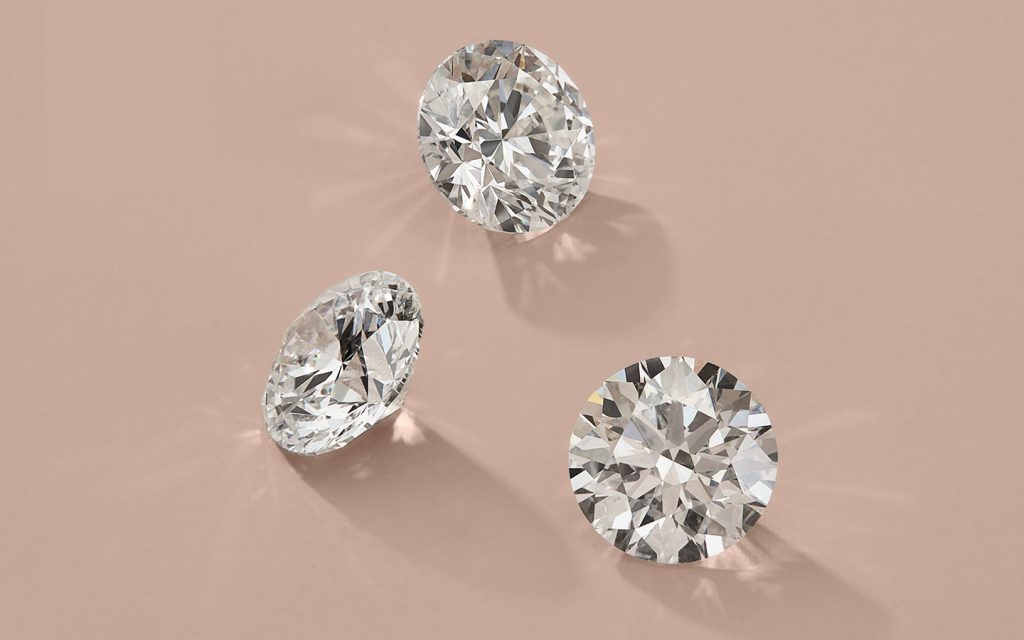Introduction
In the realm of lab-grown diamonds, two prominent certification bodies stand out: the International Gemological Institute (IGI) and the Gemological Institute of America (GIA). While both are esteemed institutions in the field of gemology, there are significant differences between them. This article delves into the distinctions between igi and gia lab-grown diamonds, exploring their certification processes, quality standards, pricing, market reputation, and more.
What is IGI?
IGI, the International Gemological Institute, is a renowned organization that provides grading and certification services for diamonds, including lab-grown diamonds. With a global presence and decades of experience, IGI is known for its comprehensive assessments and reliable certifications.
What is GIA?
GIA, the Gemological Institute of America, is widely regarded as the leading authority in gemology. Established in 1931, GIA sets the standard for diamond grading and education. Its certifications are highly esteemed in the industry, commanding trust and respect worldwide.
Certification Process:
The certification process for igi vs gia lab grown diamonds follows similar protocols, involving meticulous examination and grading by trained gemologists. However, there are nuanced differences in the criteria used for assessment, which can impact the final grading and certification.
Quality Standards:
IGI and GIA adhere to stringent quality standards when evaluating lab-grown diamonds. While both institutes prioritize factors such as cut, clarity, color, and carat weight, variations in grading methodologies may lead to disparities in the assigned grades.
Pricing:
One significant consideration for consumers is the pricing of igi vs gia lab grown diamonds. Generally, GIA-certified diamonds tend to command higher prices due to the institute’s esteemed reputation and stringent grading criteria. However, igi-certified diamonds may offer competitive pricing without compromising quality.
Market Reputation:
The market reputation of igi and gia lab-grown diamonds plays a crucial role in consumer perception and purchasing decisions. While GIA certifications are often preferred for their prestige and reliability, IGI certifications are also widely accepted and trusted by consumers and industry professionals alike.
Accuracy and Consistency:
Accuracy and consistency in grading are paramount when assessing the value and quality of lab-grown diamonds. Both igi and gia strive for consistency in their grading processes, employing standardized protocols and rigorous quality control measures to ensure reliability and accuracy.
Customer Satisfaction:
Customer satisfaction with igi and gia lab-grown diamonds varies based on individual experiences and preferences. While some consumers may prioritize GIA certifications for their prestige, others may find igi-certified diamonds to be equally satisfactory in terms of quality and value.
Industry Acceptance:
The acceptance of igi and gia certifications within the industry is another crucial factor to consider. While GIA certifications are widely recognized and respected by jewelers, wholesalers, and consumers worldwide, igi certifications also hold considerable sway in the market, particularly in regions where the institute has a strong presence.
Future Trends:
As the demand for lab-grown diamonds continues to rise, the future landscape of igi and gia certifications is poised for evolution. Both institutes are likely to adapt to changing market dynamics and technological advancements, ensuring that their certifications remain relevant and reliable in the years to come.
Conclusion:
In conclusion, the choice between igi and gia lab-grown diamonds ultimately depends on individual preferences, budget constraints, and the significance of certification prestige. While GIA certifications offer unparalleled prestige and market recognition, igi certifications provide competitive pricing and reliable quality assessments. Ultimately, consumers should weigh these factors carefully to make an informed decision.






More Stories
Passenger Announces New Album and World Tour for 2024
The Role of Technology in Equity CFD Trading: Platforms and Tools
Diamonds Shapes: Pros and Cons of Lab Grown Diamonds